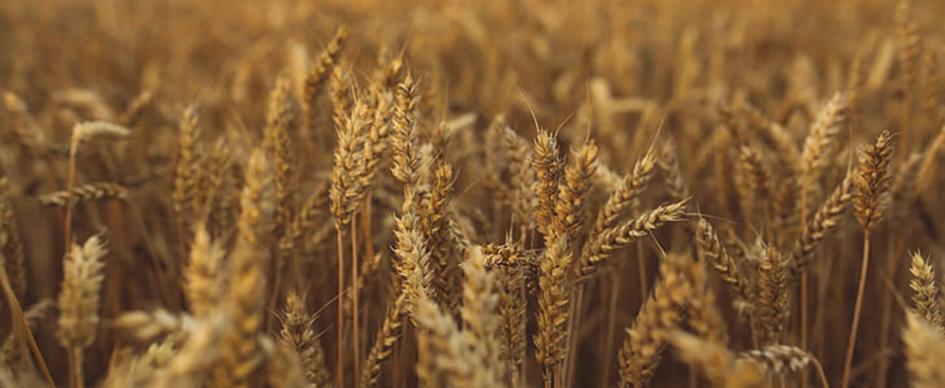The key factors driving Pakistan’s growing dependency on agriculture sector are:
- Rapid Population Growth: By 2030 there will be an estimated 263m people living in Pakistan.
- Backbone of the Economy: Agriculture contributes 19.2% to the GDP and employs 38.5% of the labor force. Textiles, Pakistan’s largest manufacturing and exporting sector, is also dependent on agriculture for cotton, its core raw material. 75% of the exports of the country are associated with this sector.
- Ensures Food Security and Alleviates Poverty: The growth of important crops (wheat, rice, sugarcane, maize and cotton) during the year is 4.65 percent
Opportunities in 2021 and beyond
Pakistan offers a wide range of opportunities for Swiss agricultural research and solutions and areas for business partnerships and collaborations.
- Modern Agricultural Technology: Pakistan realizes the importance of farm mechanization for bringing modernity in agriculture in order to increase crop yield. Large agriculture landowners across Pakistan have the financial capacity to undertake high quality farm mechanization projects.
- Quality of Seed: Agriculture in Pakistan is suffering massively due to low quality of seed. Availability of improved seed, which requires less water, fertilizer and pesticide, in the farming sector is linked to the agricultural/green revolution in the country.
- Effective Fertilizers and Pesticides: Another issue faced by Pakistani farmers is the non-availability of quality fertilizers and pesticides. Pakistan is losing its exports of rice due to high residues of pesticides in it.
- Food Security: Pakistan being a foreign exchange deficient country has to lose its foreign reserves to procure food for its exploding population. The country would welcome any product, which increases its agricultural food production per acre of land.
- Cotton and Textiles: Textile is the largest manufacturing and exporting sector of Pakistan. Switzerland is one of the top exporters of textile machinery to Pakistan. To sustain its textile exports, Pakistan has to import cotton as production of cotton in the country is falling due to a lack of improved seed and effective pesticides.
- Water Conservation: Water reserves of Pakistan are depleting at a fast pace making the agriculture sector highly prone to water shortages. The country is in dire need of technology enabling the sector to increase output yield with less and an efficient use of water.
- Middleman issues: Swiss companies can take benefit by offering technological solutions, which could replace the role of the notorious middleman, who is accused of depriving the farmer of a substantial part of profit.
- Efficient Storage Facilities: Pakistan’s farmers lose a considerable part of crop yield due to the non-availability of modern commodity warehouses and efficient cold storages.
Examples of current initiatives by the government:
- CHF 631 million have been allocated by the government to incentivize and develop the agriculture sector.
- The government aims at boosting the agriculture credit to CHF 15.5 billion where interest free loans up to CHF 1’500 would be extended to every small farm household enabling them to finance their crops.
- Pakistan intends to plant palm trees along its coastline and aims to become the largest olive producer.
Current situation
With a total 220 million acres of land available for agriculture, only 50 million acres of land is being cultivated in Pakistan. Swiss companies with proven, advanced solutions in agriculture are encouraged to explore current opportunities in more detail and consider visiting the market:





